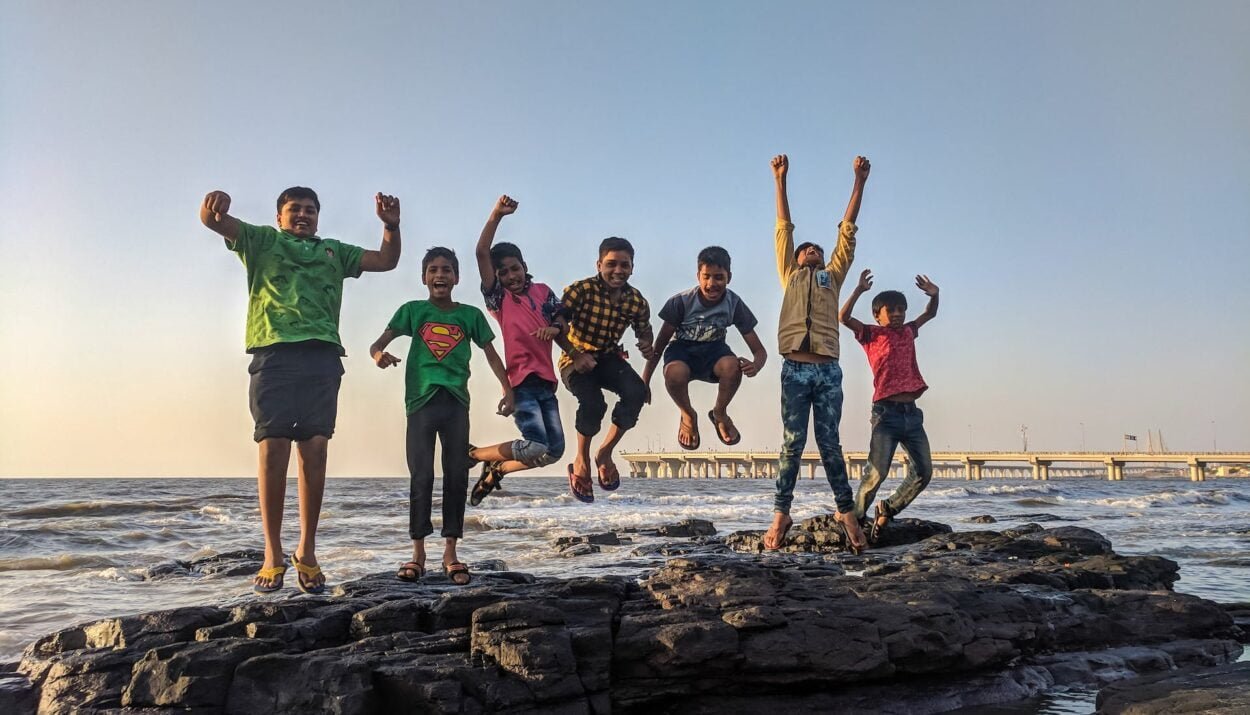Children’s Day, celebrated on November 14th, is a significant global event that underscores the importance of safeguarding the rights and well-being of children. While it holds a special place in the hearts of Indians as a day to honor the birth anniversary of Pandit Jawaharlal Nehru, the country’s first Prime Minister, it also aligns with the broader international initiative of Universal Children’s Day, observed on November 20th. This day serves as a poignant reminder to protect and nurture children, shedding light on the challenges they face, such as poverty and limited access to education.
A Historical Perspective
The historical perspective of Children’s Day in India dates back to the early 20th century when there was a growing global movement for the rights and welfare of children. In India, the roots of Children’s Day are intricately linked to the birth anniversary of Pandit Jawaharlal Nehru, who played a crucial role in shaping the nation and was fondly referred to as Chacha Nehru (Uncle Nehru) by children.
Here is a historical overview of Children’s Day in India:
- Pandit Jawaharlal Nehru’s Birth Anniversary: Pandit Jawaharlal Nehru, the first Prime Minister of independent India, was born on November 14, 1889. He was not only a visionary statesman but also an ardent advocate for children’s rights and education. His love for children was evident in his interactions with them, and he believed that they were the future of the nation. In recognition of his affection for young minds, November 14th was chosen as Children’s Day in India.
- Legacy of Pandit Nehru: Pandit Nehru’s emphasis on the well-being and education of children left an indelible mark on the country. He played a key role in establishing the All India Children’s Education Fund (AICEF) in 1947, which later evolved into the National Children’s Fund (NCF) to support children’s development and education.
- UN’s Universal Children’s Day: The significance of Children’s Day in India is aligned with the global initiative of Universal Children’s Day, which was initially proclaimed by the United Nations General Assembly in 1954. This international event aims to promote unity and awareness regarding the rights and welfare of children worldwide.
- Children’s Rights and Welfare: Children’s Day in India serves as a reminder to protect and nurture children, highlighting the challenges they face, such as poverty, lack of access to education, and exposure to various risks. It emphasizes the importance of promoting children’s rights, providing them with quality education, and creating a safe and nurturing environment for their growth and development.
- Celebrations: Children’s Day is celebrated with great enthusiasm across the country. Schools and educational institutions organize various events, including cultural programs, competitions, and awareness campaigns. The day is marked by fun and joy, with children participating in activities that celebrate their creativity and talents.
Significance of November 20th
November 20th, as chosen by the United Nations, carries special significance for Children’s Day. This date commemorates the adoption of the ‘Declaration of the Rights of the Child’ in 1959 and the ‘Convention on the Rights of the Child’ in 1989. These documents outline the fundamental rights and protections that all children should enjoy, including the right to life, education, health, and protection from exploitation and abuse.
Children’s Day in India
In India, Children’s Day falls on November 14th, coinciding with the birth anniversary of Pandit Jawaharlal Nehru. Fondly known as Chacha Nehru, he was not only a statesman but also an advocate for the welfare and education of children. This day, celebrated with great enthusiasm and joy, serves as a reminder of his deep affection for young minds.
Promoting Children’s Rights and Welfare
Children’s Day celebrations in India and around the world involve various activities and events aimed at promoting children’s rights and well-being. These activities often include educational programs, cultural performances, and interactive sessions that encourage children to express themselves.
Additionally, the day also serves as an opportunity to address the challenges faced by children, including poverty, inadequate access to quality education, and exposure to various risks. It is a call to action for governments, organizations, and individuals to work collectively to create a safe and nurturing environment for every child.
Conclusion
Children’s Day, celebrated on November 14th in India and November 20th globally, stands as a beacon of hope for children worldwide. It is a day dedicated to promoting and protecting the rights and welfare of children, fostering a brighter future for the world’s youngest generation. As we celebrate Children’s Day, let us remember that every child deserves a life filled with love, care, and opportunities for growth and development.
